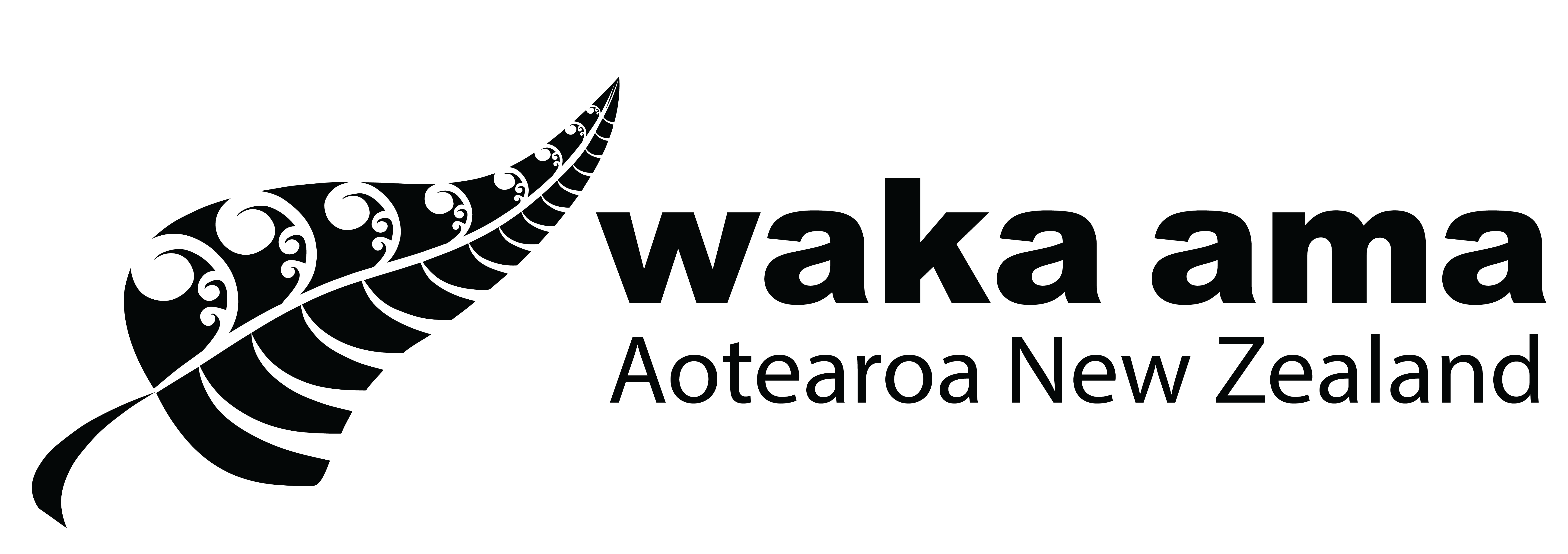Consultation Process
Consultations with our waka ama whānau included:
- Regional entities survey
- Online consultation with clubs from each region (online 90mins). Hosted by Waka Ama NZ and facilitated by Tracey Diack (project manager).
- Focus group discussions with Te Reo Taohi (Waka Ama NZ Youth Advisory Group), and Te Tohu Whakarewa Tāngata (Waka Ama NZ Hall of Fame group)
- Regional Sports Trusts consultation (to provide a view of the future opportunities for waka ama at a regional level)
Findings Summary
Waka Ama NZThere was positive feedback about Waka Ama NZ and the team in the office, however the following opportunities were identified of what Waka Ama NZ could do:
- More regional support (workshops, templates, advice)
- Doing and supporting promotion and advocacy
- Providing opportunities for connections within the sport
- Setting event standards
Regions
Regions are currently operating with limited capacity and little or no strategy or planning. They host regional events and, in some instances, undertake regional advocacy, fund applications, and club support. The following opportunities were identified:
- Club development and support
- Building relationships and partnerships
- Greater promotion and advocacy
- Bring clubs together for workshops and best practice sharing
Clubs
Clubs play an important role in promoting, developing and providing opportunities to participate in waka ama. Clubs foster and promote tikanga Māori, develop communities and whānau, encourage whanaungatanga, hauora and inclusion for all. A key barrier identified for clubs was their volunteer workforce capacity and capability. The following opportunities were identified:
- Internal system development (communication, finances, websites, membership management etc.)
- Development of administration and on water roles
- Volunteer workforce capability and capacity
Participation Barriers
- Negative experiences
- Travel
- Lack of support
- Lack of paddlers in age divisions
- Other commitments
- Affordability
Opportunities
- Improved communication processes
- Sharing best practice
- Online connections between clubs and regions
- Increased regional strategic planning involving clubs and rangatahi
- Leveraging economies of scale
- Dedicated administration roles
- Support volunteer workforce
